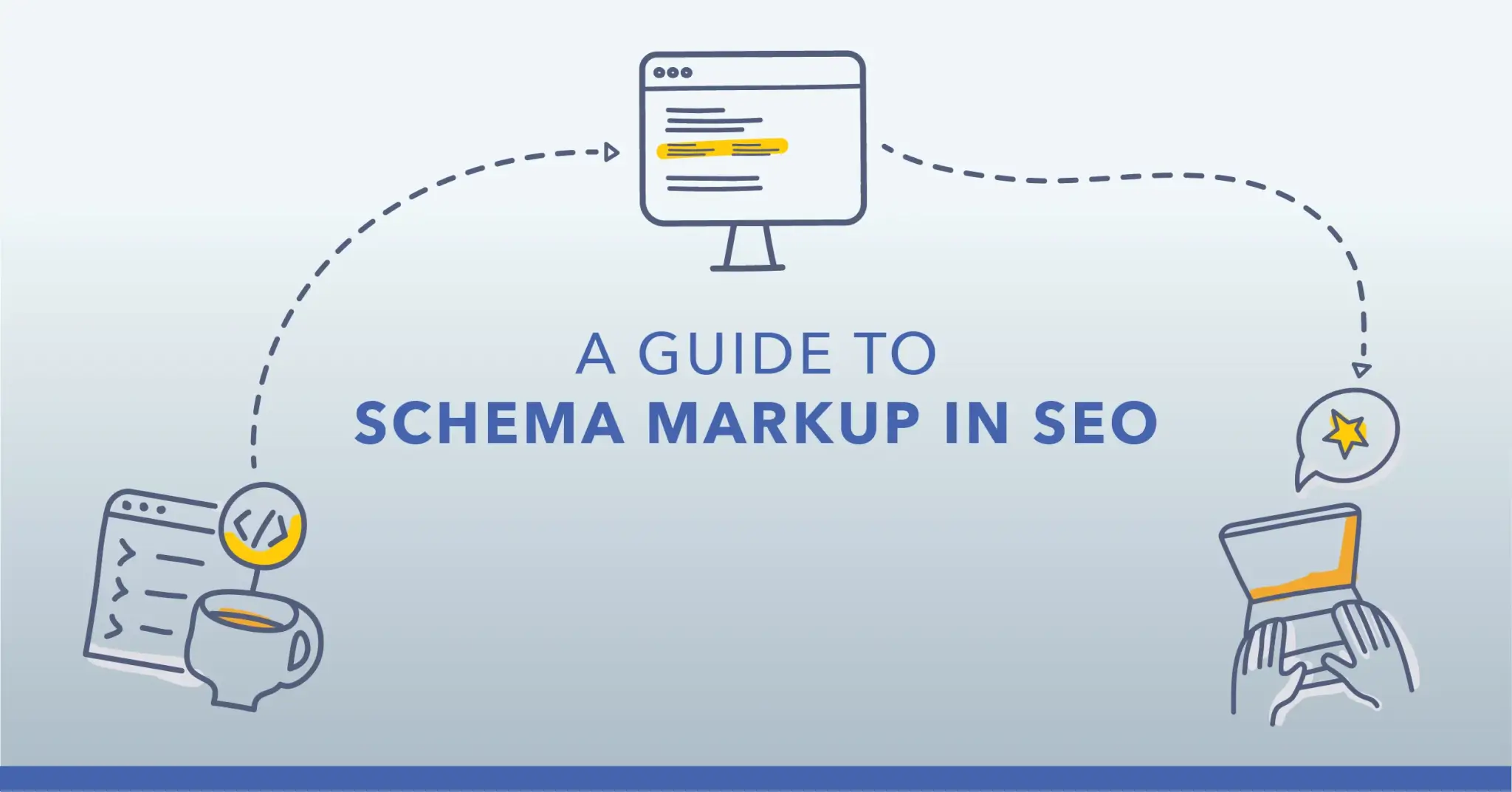When you’re carrying out keyword research for your business, it’s easy to get swept up in the search for quick wins and big results. But like many aspects of SEO, keyword strategy is all about playing the long game.
It’s always worth exploring every avenue for boosting your conversion rates – not just the biggest and shiniest. We always keep this in mind when we’re doing keyword research as part of our SEO services.
You shouldn’t be put off targeting high search volume keywords – you’re promoting a great product or service, and with the right amount of strategy and patience there’s no reason you can’t climb the SERP rankings (even if you’re not going to knock the biggest competitor off the top spot).
But don’t make the mistake of focusing solely on high volume, because there’s plenty of success to be had with low search volume keywords too. They don’t call them “low-hanging fruit” for nothing – and you might just be surprised at what a handful of ‘easy’ keywords can do for your business.
What is a low search volume keyword?
A low search volume keyword is defined as a keyword that gets searched less than 250 times per month. They’re often overlooked in favour of higher volume keywords which hold a more obvious attraction (crack them and your numbers can shoot up fast).
But it’s not a case of the higher the volume, the greater the benefit for your business – so dismissing low search volume keywords as a waste of time is a mistake. They can be a valuable source of growth if you know how to use them.
Low search volume keywords can often appear quite niche or specific – and they’re often long-tail keywords comprising several words or even a question. This means they can be highly relevant to your target audience, and a very captive audience at that. In some cases, they’re worth prioritising over high volume keywords because of the unique set of benefits that they can offer.
What are the benefits of targeting low search volume keywords?
Targeting low search volume keywords isn’t just about generating a little extra traffic to your site, or just taking a few extra minutes to bother with the keywords that your competitors haven’t.
There are a few reasons that they’re always worth including in your SEO strategy, and why bigger volume doesn’t mean bigger quality:
- They’re about as relevant as it gets. Long-tail keywords might be lower volume but they’re incredibly specific, which means that the people using them are much more ready to convert. Someone looking for “shirts” is at the very top of the conversion funnel, just starting to think about their purchase, whereas someone typing in “tailored fit men’s cotton long sleeve shirts” is much more ready to spend their money.
- Niche audiences are where loyalties lie. People using a low volume long-tail keyword are really, really interested in your product or service – far more so than most people floating around online. This means you can be more sure that if you do a good job for them, they’ll keep coming back for repeat visits. You can build up a great reputation around that particular niche with the small number of people whose opinions on it really matter.
- You can get a bigger return on investment. Targeting low-volume keywords needn’t cost the earth, so a few high-value conversions can help to cover the cost of a little extra optimisation. What’s more, you can rank for a diverse range of low-volume keywords at the same time to increase your potential for traffic.
- Competition is lower. This one might seem obvious, but not only are low search volume keywords highly relevant to your target audience, they’ve also most likely escaped the attention of your competitors. It’s an easy way to make your SEO strategy the most effective in your particular market without getting into the constant game of one-upmanship that many people assume SEO is about!
How to discover low search volume keywords
The starting point for most keyword research processes is a list of ‘seed terms’ that your business wants to rank for. If you input these into a keyword research tool and find that most of them don’t get much search volume, you might think it’s time to throw out that list of terms and start again – but it’s not.
It’s well worth combing through keywords – on either your own list, or the expanded list of suggestions returned by your research tool – that get fewer than 250 searches per month, to find “low-hanging fruit”.
This term refers to keywords that you can easily rank for without too much effort, and you know when you’ve found one because it meets one or more of the following criteria:
- They don’t have much competition
- They show clear intent to buy or sign up to a product or service
- They’re not being targeted by your competitors
- They’re very relevant and specific to your product or service
So don’t be put off by the small numbers next to these keywords in your list – even a term that gets only 5-10 searches per month can prove to be well worth the effort if you can corner that market.
How to target low search volume keywords
So how do you target those potentially low-volume, high-yield keywords? There are a few simple steps to follow that can ensure you’re not missing out on opportunities.
Identify keywords that you can easily rank for
That low-hanging fruit is the critical first step in your keyword research process. Not only are these keywords easier to rank for by definition but converting even one of the customers using them can be well worth it.
What’s more, even one conversion could cover the cost of optimising your content in the first place, so it’s low-risk and potentially high reward.
Check how relevant keywords are to your audience
If your keyword is super-relevant to your audience, you might just be sitting on a golden ticket when it comes to conversions.
It’s the tiny, seemingly insignificant keywords lurking at the bottom of the list that are often the most relevant because they’ll contain a very specific phrase that only applies to a handful of businesses – including yours.
It’s easy to rank number one for these kinds of queries, and most of the (admittedly fewer) customers that visit as a result are likely to complete the conversion process. They might also have a longer customer lifetime, meaning that a small amount of optimisation effort can potentially pay off for years to come.
If you offer a premium product or service you might only need a few of these conversions per month, making it a better use of your time and money to target a much smaller, but much more likely to convert, group of customers – rather than casting the net as wide as possible to include people who aren’t likely to be interested.
Build relevancy in small niches
It’s important to remember that you might be treading new ground with your product or service – maybe it’s something completely new, or maybe it’s new to a particular locality. Either way, it’s no wonder that people haven’t been searching for it in big numbers.
If users haven’t thought to search for you yet, and they aren’t aware that your product exists, you might need to target keywords that skirt this issue – for example queries about the problem that your product is designed to solve, or “where-can-I-find” type questions about your service.
But in some cases, if your audience doesn’t know what they’re looking for, you can target less specific low volume keywords with highly optimised content, dedicated pages, blog posts and solid on-page SEO. This will lay the foundations to build relevance – not to mention trust – for those higher volume, more competitive keywords further down the line. You never know how many users might stumble across your content on the hunt for something else.
Make use of multiple low search volume terms
One piece of content can rank for many low volume keywords at a time. And – as outlined above – a low volume keyword can deliver big rewards if it’s searched by the right customer with the right purchase intent.
So there’s potential for not only serious organic traffic but a high number of conversions, if you can get your content ranking for lots of different variations of the same search term.
It’s not particularly difficult to do, either – for a start, you don’t have to go trawling through lists of keywords for ideas, as you’ll see multiple variations on each search term in your results on any of the big keyword research tools.
If you can create content that’s optimised for different variations of one low-volume keyword – without keyword-stuffing the various versions into the page, of course – you’ve got the potential to multiply your traffic many times over, with little extra effort.
Who should consider targeting low competition keywords over high competition keywords?
The strategy of choosing low search volume keywords isn’t suited to one particular type of business. They don’t represent the lower league of SEO, and just because they’re “low-hanging fruit” that doesn’t mean they don’t deserve your time and attention. As explained above, they can represent big opportunities for traffic and conversions if you use them in the right way.
There’s also no rule in SEO that says smaller-scale companies should stick to the easy keywords at the bottom of the list, and leave the competitive ones to the big guns. Whatever the size of your company, you’re entitled to reap the benefits of high and low volume keywords alike – and you can use each one to complement other areas of your SEO strategy.
Lower search volume keywords aren’t just a springboard to bigger ones either, so it’s worth factoring them in at every stage of your keyword research and SEO strategy, rather than just at the beginning.
Your keyword research and SEO specialists
At Distinctly, we have a team of SEO experts who understand the value of low search volume keywords. We conduct our keyword research using the best online tools available, and we always take the time to consider keywords with lower volumes and what benefits they might bring to your business.
We will work alongside you to understand exactly what your business is looking for when it comes to growing online and boosting traffic – and we’ll create a bespoke SEO strategy that reflects this. But it’s also our job to point out areas for growth that you might not have noticed, and – like your competitors – you might be overlooking search terms that have the potential to deliver high-quality repeat business.
Whatever low search volume keywords can do for your company, we’ll identify it and help you work towards optimising for them. Get in touch today to find out how we can help you thrive online.











































